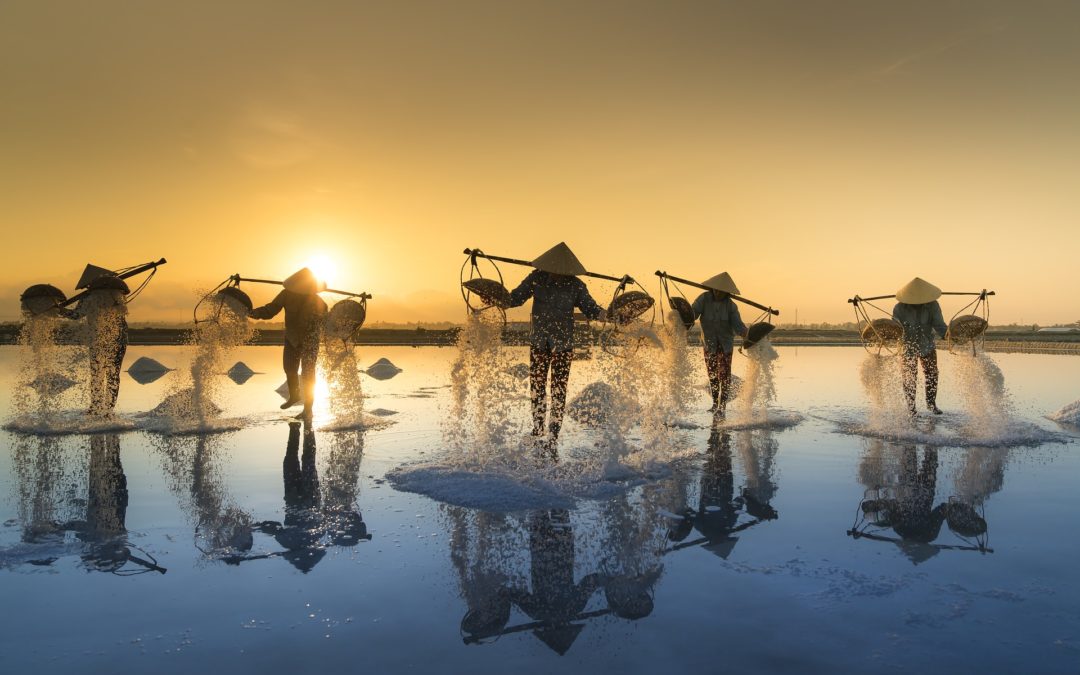Global Health Education at Rutgers: In this new content series, Rutgers Global Health Institute explores global health coursework offered throughout Rutgers.
Course Title
Water and Society
Course Number
11:374:115 (undergraduate)
Instructor
Daniel J. Van Abs, PhD, PP/AICP
Associate Professor of Practice for Water, Society, and Environment
Department of Human Ecology
School of Environmental and Biological Sciences
Course Description
This course introduces students to fundamentals of water resources issues worldwide and how they affect the development, design, evolution, and sustainability of societies and economic viability. Included will be discussion of case examples where conflicts over water allocations, drought limitations, water quality problems, and catastrophic floods are damaging societies and international relations. Students will be exposed to and discuss current and developing methods for reducing such problems in support of more sustainable societies. (Source: Water and Society – Spring 2019 Syllabus)
Q&A with Prof. Van Abs
What topics in your class tend to stir up the most dialogue?
I find that the greatest interest comes from in-class exercises that get students thinking about the limitations of idealism.
For example, most students have a strong sense that access to clean drinking water is a human right. That’s fine from a U.S. perspective, but when they discuss and research limitations of water in poor countries, and that those countries have to balance reducing deaths from bacterial diseases against the costs of providing any level of water access, it gets difficult.
The students start to realize that choices must be made. They recognize that, ideally, all people should be protected to the same level, but, pragmatically, that will not happen—not for lack of morals, but for lack of money.
Can you describe the writing assignments that students complete each week?
There are short writing assignments (300 words or less) for each topic addressed in the class, which will require the student to understand the relevant lectures, readings, and additional research, and to evaluate an issue or question on the basis of that information.
For example, in the “Power of Water” theme, I ask students to use the Sea-level Rise and Coastal Flooding Impacts tool at njfloodmapper.org to identify developed areas in New Jersey that would be subject to routine tidal flooding with a sea level rise of three feet, and to comment on the responsibility of individuals and companies for future damages to their own property in current and future hazardous coastal locations.
Other topics that students explore in these writing assignments include the effects of Pittsburgh wastewater discharge into rivers that supply water for downstream communities such as Louisville, Kentucky; environmental issues surrounding the development of hydroelectric power dams on tributaries of the Amazon River in Brazil; the influence of economic and public health policy on Japan’s response to mercury water pollution in the city of Minamata; and the use of fishmeal in aquaculture.
Through your course, students not only become more informed citizens when it comes to water issues, but also they enhance their critical thinking and research skills. Some students, however, go on to jobs that directly involve water in some way. What are some examples of these career paths?
I have had students from this course go into the water resources field, often as program managers, including at policy organizations such as Environment New Jersey and New Jersey Future, and also at watershed associations such as the Watershed Institute and Raritan Headwaters Association. A couple students have gone on to jobs as environmental specialists with the New Jersey Department of Environmental Protection.

